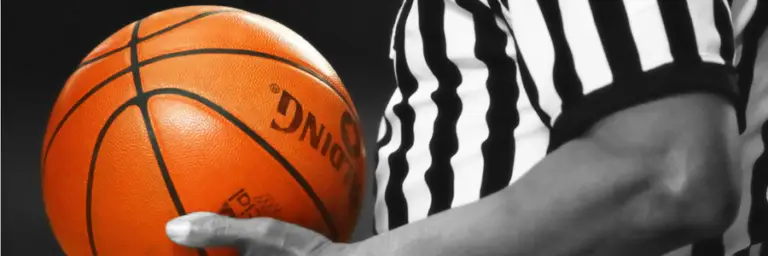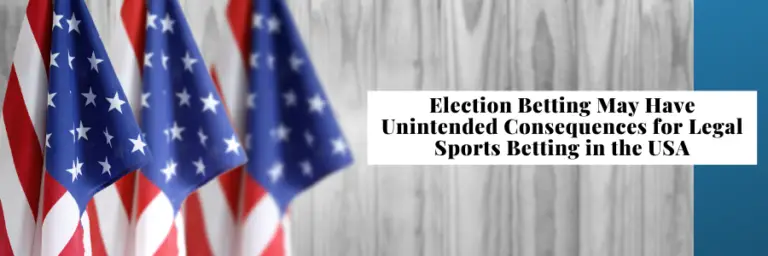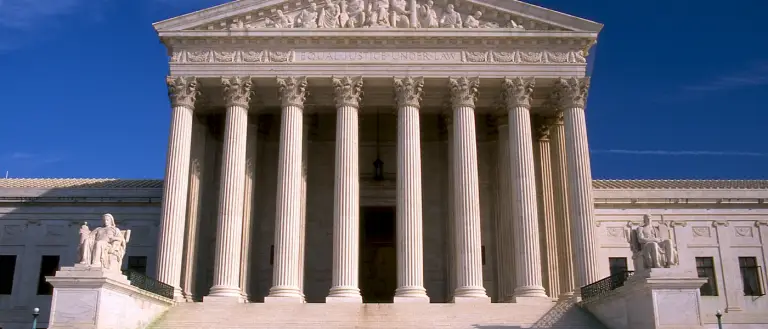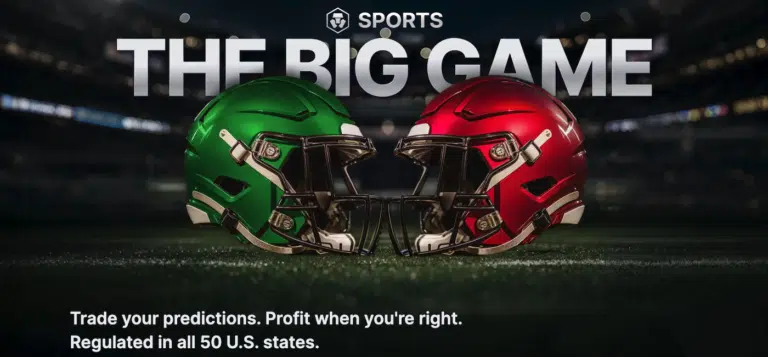Wire Act Oral Arguments Point To a New Hampshire Lottery Win
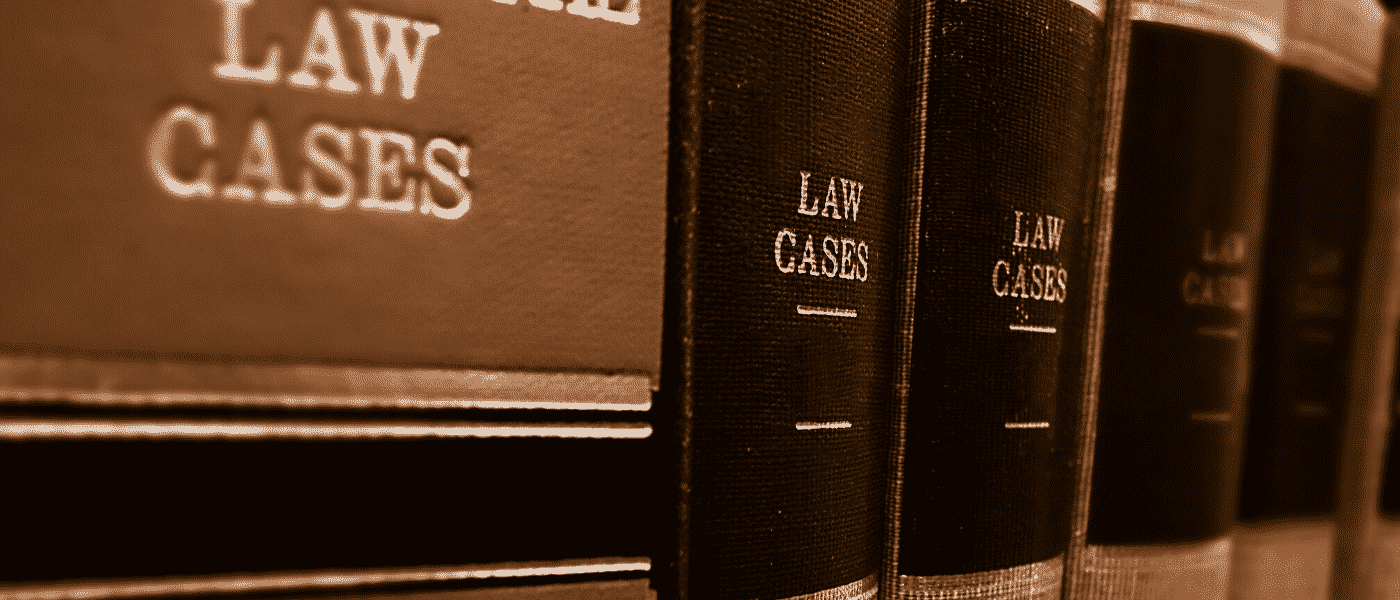
The 1961 Wire Act had another day in court last week when the First Circuit Court of Appeals listened to oral arguments from the New Hampshire Lottery and co-plaintiff NeoPollard, as well as the Department of Justice, the defendant in the case.
The case represents a crucial moment for gambling, as the case will likely determine the legality of online gambling in the US.
The Genesis of the Wire Act Case
The case stems from a 2018 opinion from the DOJ that replaced a 2011 opinion that limited the Wire Act to sports betting. The 2018 opinion concluded the Wire Act applies to all forms of online gambling, as well as removing any safe harbor clause for the intermediary routing of betting.
The New Hampshire Lottery, fearing the opinion would undermine its online lottery, quickly filed suit.
The case went to United States District Court for the District of New Hampshire, with Judge Paul Barbadoro ruling in favor of the New Hampshire Lottery and NeoPollard.
First Circuit Hears Oral Arguments
Each side presented oral arguments to the First Circuit Appellate Court on Thursday, June 18.
Drawing conclusions based on questions during oral arguments, the First Circuit Appellate Court seemed skeptical of the DOJ’s claims and is likely to uphold the District Court’s ruling.
Even before arguments were proffered, the DOJ was already on shaky footing. According to Eilers & Krejcik’s Chris Grove, “Our [pre-oral arguments] snap survey of legal experts indicates that the First Circuit Appellate Court sides with the New Hampshire Lottery in more worlds than not.”
The Next Step for the DOJ?
If the DOJ loses, it will undoubtedly appeal, with two options at its proposal:
- An en banc hearing with the full First Circuit Court of Appeals – a route New Jersey used in its PASPA case
- A direct appeal to the Supreme Court of the United States
The DOJ could try its luck with an en banc hearing (which may or may not get approved) rather than a direct appeal to the SCOTUS. Here’s why.
Two cases are working against the DOJ, the current ruling, and a prior decision in the Fifth Circuit Court of Appeals – the oft-cited MasterCard case. That denies the DOJ the possibility of arguing that the SCOTUS should take the case based on a circuit split and makes it quite unlikely that the SCOTUS will hear the case.
Bottom line: If the First Circuit sides with the New Hampshire Lottery, it doesn’t bode well for the DOJ. Of course, as I’ve mentioned in the past, New Jersey lost every court case prior to the SCOTUS repealing PASPA in May 2018.
What if the First Circuit Rules in Favor of the DOJ?
Of course, there’s also the possibility that the First Circuit sides with the DOJ. That could happen in one of two ways:
- The court rules the New Hampshire Lottery lacks standing to bring the case – this has been the DOJ’s argument all along, noting that it hasn’t taken a position on whether the 2018 Wire Act opinion applies to online lotteries.
- The court could also rule that the 2018 opinion is correct in its assertion that the Wire Act applies to all forms of online gambling.
A DOJ victory would result in an appeal by the New Hampshire Lottery to the SCOTUS, and unlike the DOJ, it could point to a circuit split.
Another important point is the DOJ has put off enforcement of the 2018 opinion until December 1, 2020. That means any potential enforcement (even in the case of a DOJ victory) won’t happen until after the next election. The result of the upcoming election could play into how, or if, the DOJ decides to enforce the opinion.



